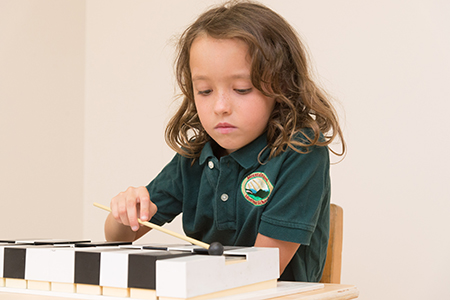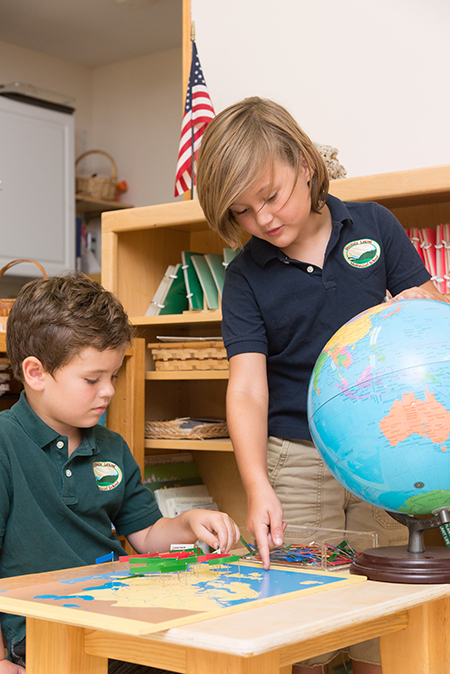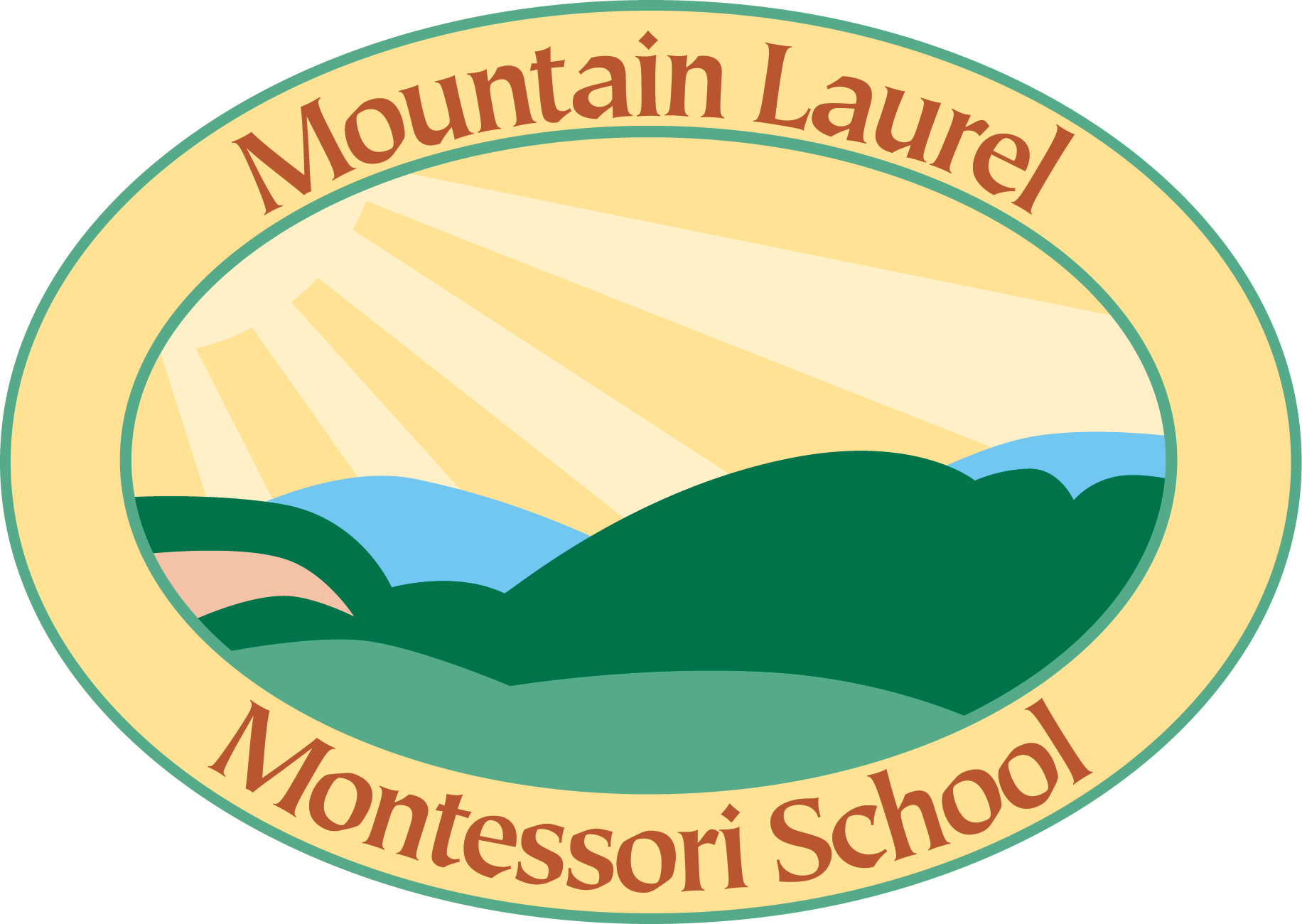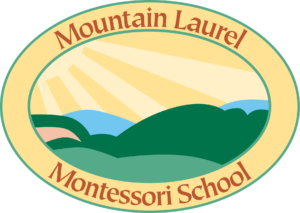Elementary children between the ages of 6 and 12 (1st – 5th grades) have an abundance of energy and flourishing imaginations! It is an explosive period of social and intellectual growth that, in the right environment, leads to enlightened scholarship and responsible leadership.
Interactive Lessons
The Montessori elementary curriculum takes an integrated, interdisciplinary approach to enable children to make sense of their world. The elementary child’s question, “I wonder why …” is answered by interactive lessons in botany, zoology, physics, mathematics, language, history, and geography.
 Music and P.E.
Music and P.E.
Incorporation of various art techniques in students’ academic work integrates artistic expression with science and the humanities. Music can be heard throughout the morning as small groups of children sing and play songs and learn notation with specialized Montessori music materials, as well as recorders and keyboard instruments. Physical education is enjoyed daily on the 5-acre wooded campus, including a ¼-mile running trail.
The “Great Stories”
Because of the elementary child’s voracious appetite for knowledge, the Montessori curriculum encompasses countless lessons that explain the workings of our universe, the organization and diversity of life on Earth, and the study and appreciation of all cultures since the beginning of Man. At the start of each school year, “Great Stories” are told that provide a curriculum framework and stimulate the children’s research, experimentation, and enthusiasm for learning.
 Lessons
Lessons
Individualized and small group lessons, along with class discussions enable each child to learn at his or her own pace. Long, uninterrupted work periods allow scholars time to thoroughly research an area of interest. The multi-age grouping provides younger children with mentors and older children with opportunities to be compassionate leaders.
Research Trips
This is a learning community that supports and appreciates each child’s abilities and contributions. Small group projects and reports are enhanced by research trips to museums or visits to a professional in a given field of study. There is a commitment by the students to share what they have learned, and their presentations often stimulate new interests. Acquisition of knowledge is its own reward, so Montessori students tend to be self-disciplined and intrinsically motivated in their work.
Independence and Self-Discipline
Self-responsibility is fostered through maintaining student work journals. Students meet regularly with the teacher who monitors each child’s progress and schedule. Through careful observation, teachers know the proper time to introduce each new lesson and to supplement and reinforce learning concepts to ensure mastery of skills and concepts.
Schedule a visit to experience our special community.
Our staff will be happy to schedule a tour and a class observation. Note that our school offers open enrollment. Families can apply for admission any time of year.

